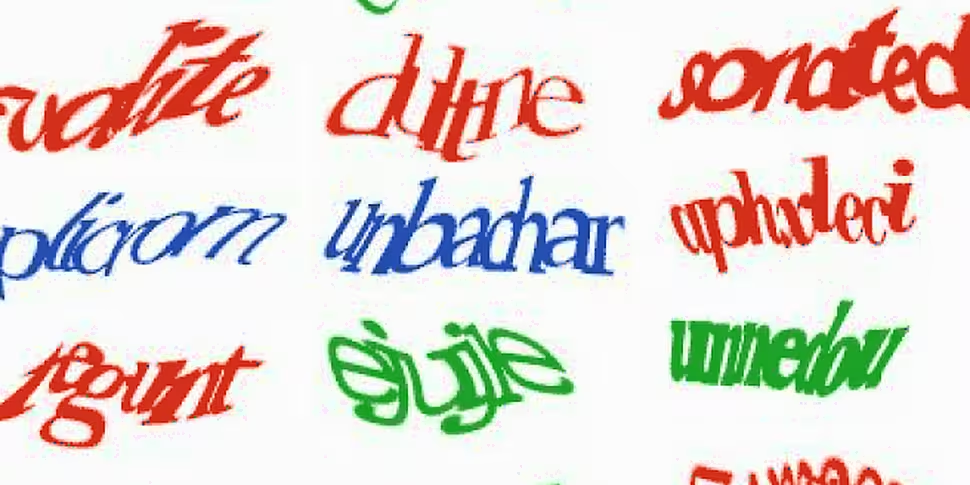While very much the Mussolini to Verified by Visa’s Hitler in the online security Axis of Evil, CAPTCHA has long been one of the most annoying things on the Internet. But Google has just announced it will be killing off the test that verifies you are a human being.
CAPTCHA, which stands for ‘Completely Automated Public Turing Test to tell Computers and Humans Apart’, was first invented 20 years ago and requires those forced to take it to type the letters or figures of a distorted image to prove they were not robots or computer programmes.
The worst CAPTCHA I’ve ever seen.
CTA: Search
¯\_(ツ)_/¯ pic.twitter.com/CAtolMStjJ
— Rob Bettis (@robbettis) March 7, 2017
Worst captcha ever pic.twitter.com/aucvJgP5Gr
— Anand Doshi (@anandpdoshi) February 13, 2017
The test was used to prevent cyber attacks on websites where bots posed a threat by overwhelming it with traffic. Another use of CAPTCHA was in helping Google to digitise books, with human beings proving more adept at discerning what words were scrawled on pages that proved difficult to scan properly.
A new system
But since its launch, CAPTCHA has been remarkably unpopular with web users for its complicated and often difficult to read words, leading Google to develop Invisible reCAPTCHA, a programme that promises to verify one’s humanity by observing how real people navigate their way across a webpage.
The system was first updated in 2013, when the tech giant introduced the now commonplace ‘I’m not a robot’ checkbox that examined the clicking style of each respondent. If the programme deemed the click too automated, the test would redirect to a more complicated one. Invisible reCAPTCHA bypasses all of these by assessing browser behaviour to determine whether a user is man or manmade.
In a video explaining how the update works, Google explains that “Powering these advances is a combination of machine learning and advanced risk analysis that adapt to new and emerging threats.”









